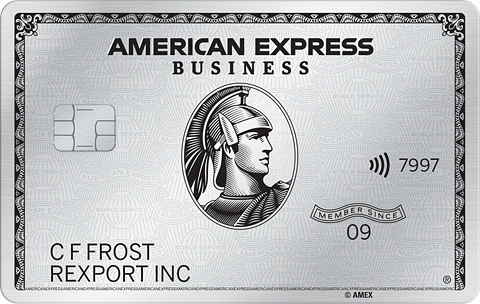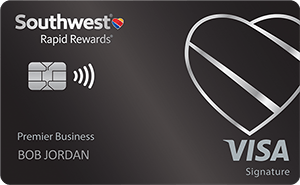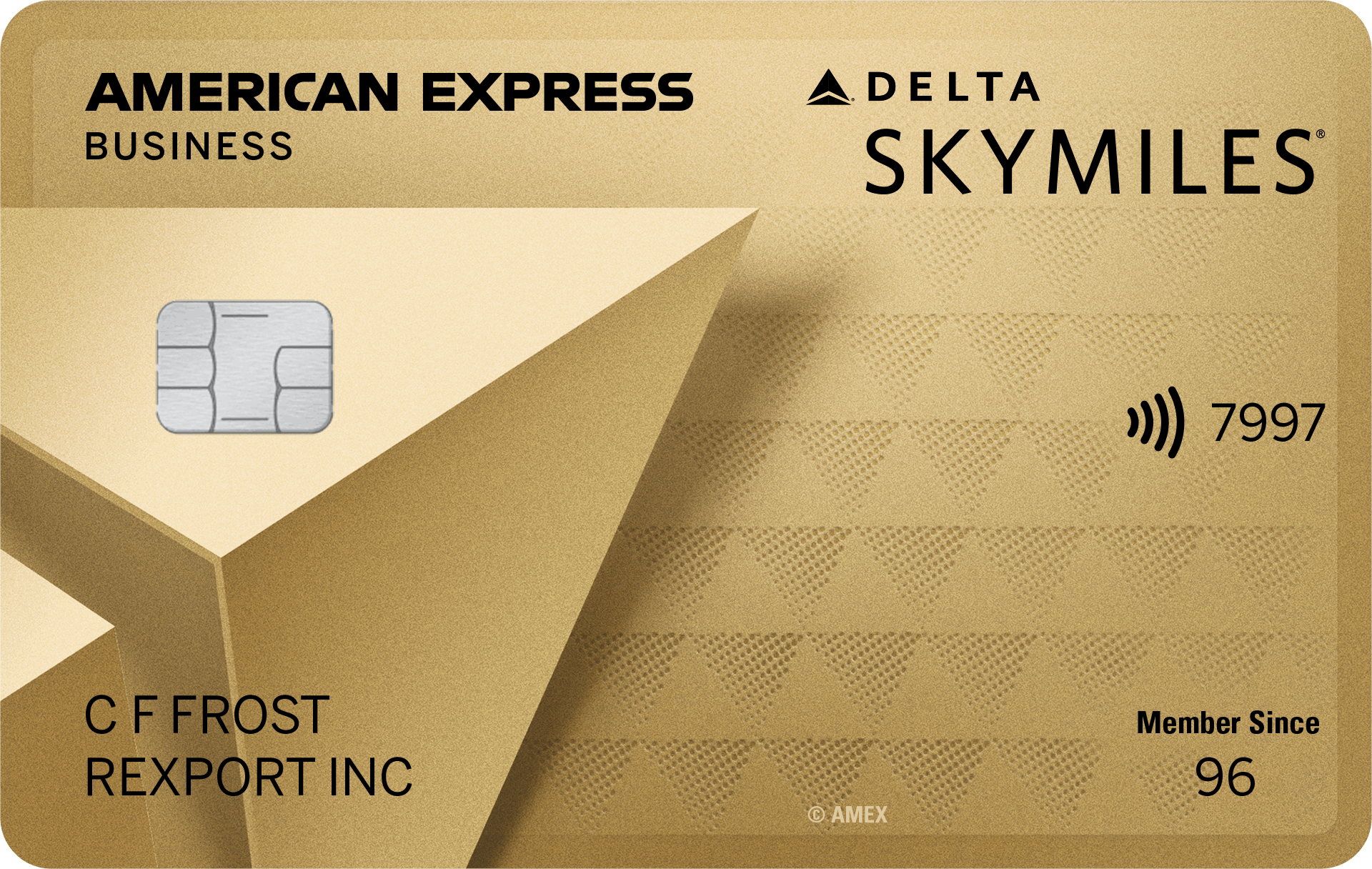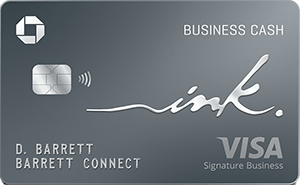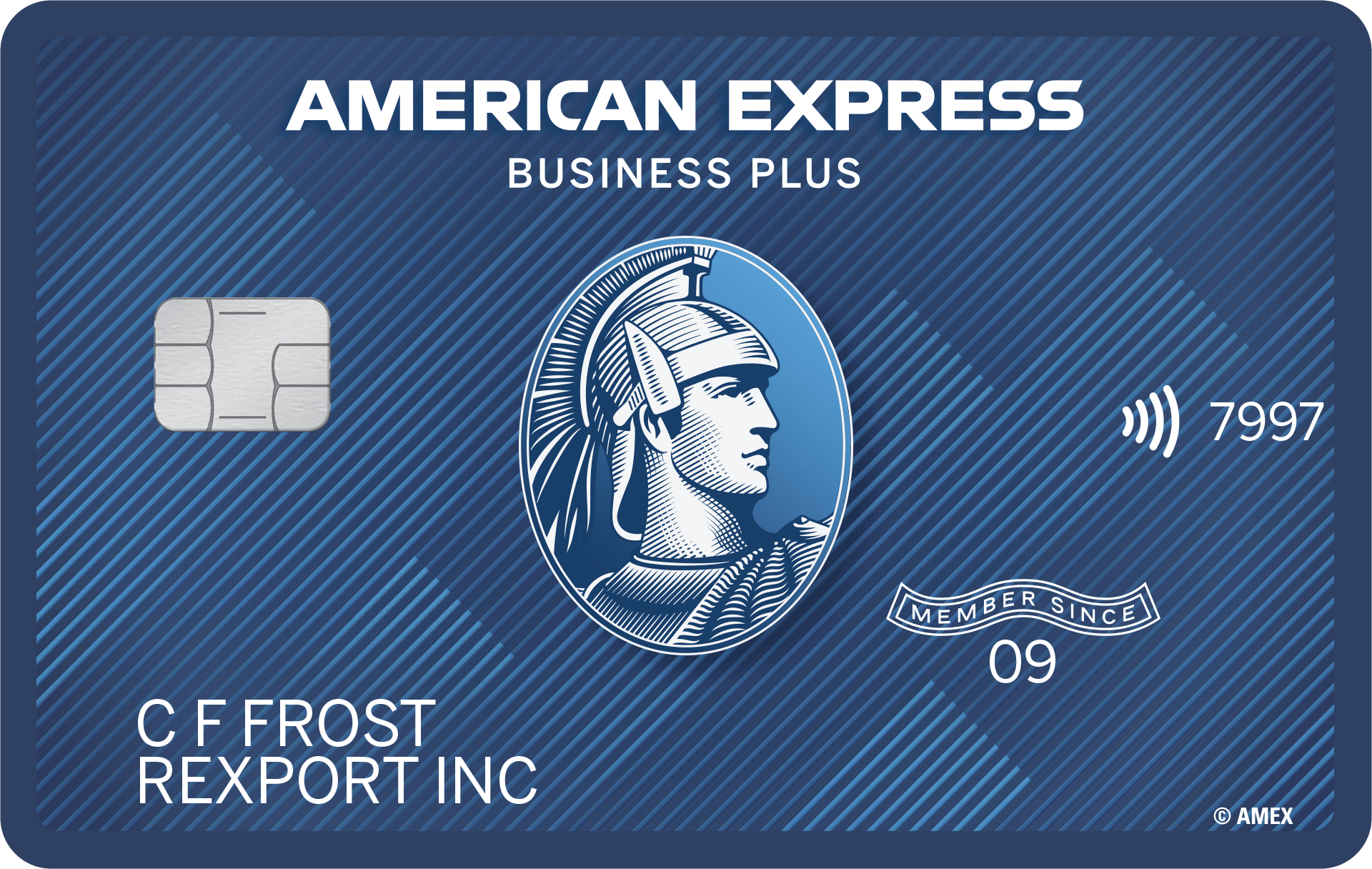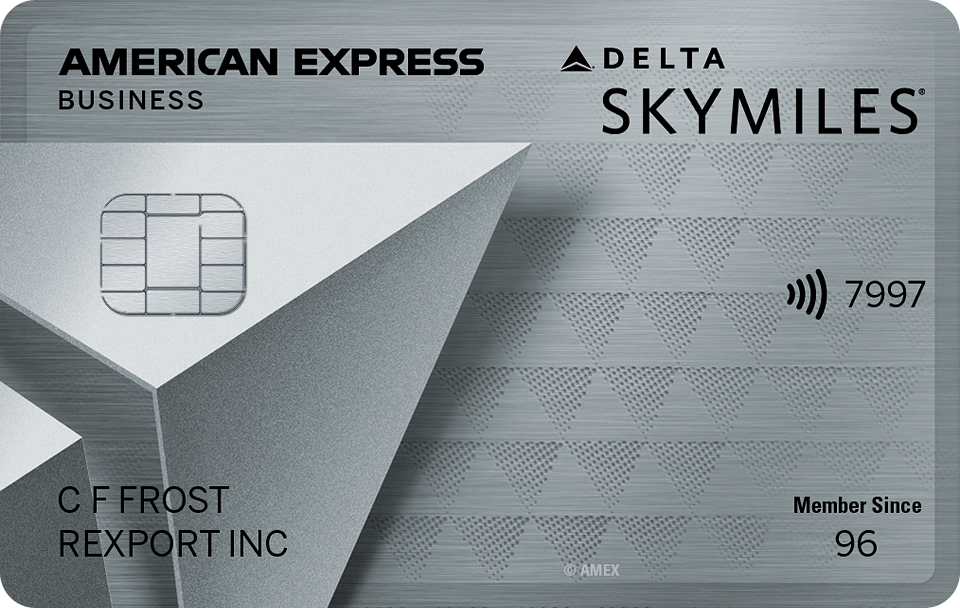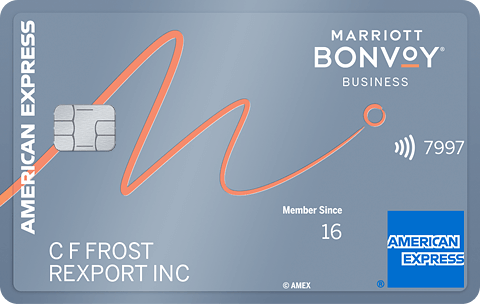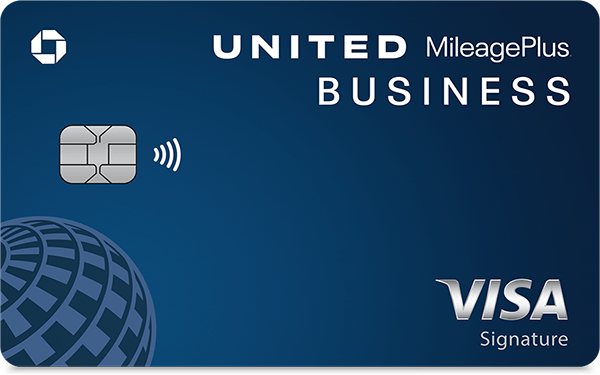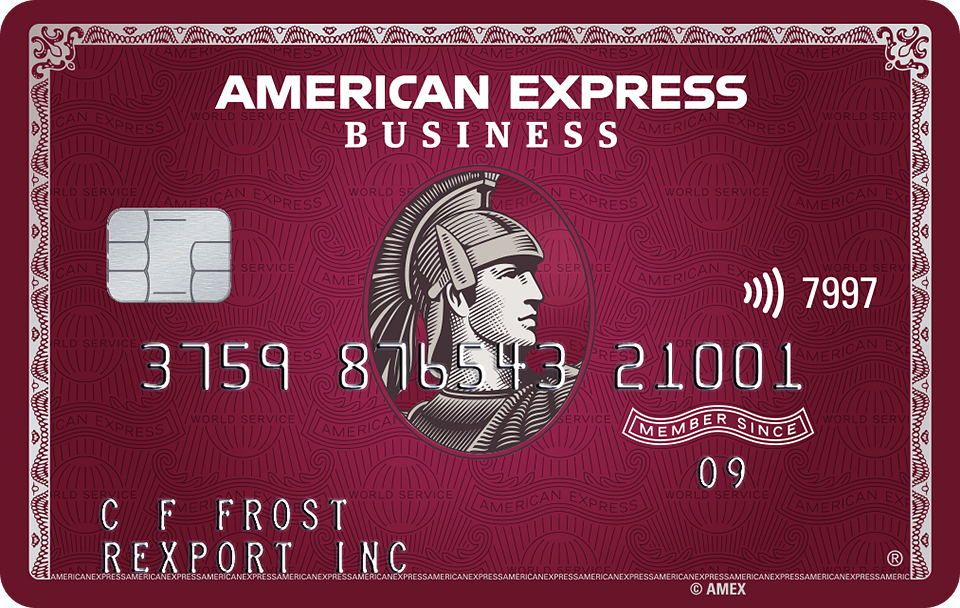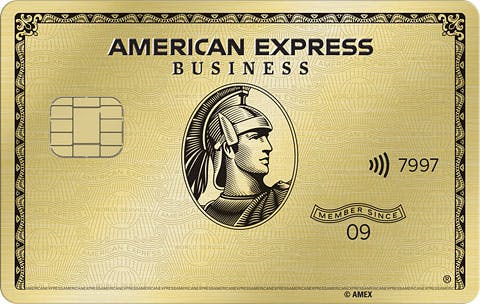Business credit cards
We think you'll love these cards from our partners.
CK Editors’ Tips††: Business credit cards offer a wide range of benefits to many different kinds of businesses, from sole proprietorships to those with dozens of employees. Take stock of your business’s needs and spending to figure out which kind of business card is right for you.Read more
What to consider when choosing a business credit card
Business credit cards can offer valuable rewards or ways to finance a business, but it’s important to remember that different businesses have different needs. For instance, a business travel credit card probably won’t help you much if you don’t travel for business, and free employee cards probably won’t do much for you if you’re a freelancer. It’s also worth remembering that a business card typically requires a personal guarantee, so you could personally be on the hook for paying your bill if your business runs out of funds.
Business credit cards can offer valuable rewards or ways to finance a business, but it’s important to remember that different businesses have different needs. For instance, a business travel credit card probably won’t help you much if you don’t travel for business, and free employee cards probably won’t do much for you if you’re a freelancer. It’s also worth remembering that a business card typically requires a personal guarantee, so you could personally be on the hook for paying your bill if your business runs out of funds.
How we picked the best business credit cards
We chose the best business credit cards by first acknowledging that businesses have very different needs. While some businesses might want to benefit from travel or cash back rewards, others might be more interested in financing new purchases or building business credit. We believe our picks address these different stages of business development, so that every business has the chance to find our list useful. Read more about our methodology for picking the best credit cards.
Jump to editors’ picksWe chose the best business credit cards by first acknowledging that businesses have very different needs. While some businesses might want to benefit from travel or cash back rewards, others might be more interested in financing new purchases or building business credit. We believe our picks address these different stages of business development, so that every business has the chance to find our list useful. Read more about our methodology for picking the best credit cards.
Great for maximizing business perks††
Great for maximizing business perks††
The Business Platinum Card® from American Express
Rewards rate
1x - 5xPoints per dollarAnnual fee
$695Welcome bonus
150,000PointsEditors' bonus estimate
$1,905
Rewards rate
1x - 5x Points per dollar
Annual fee
$695
Welcome bonus
150,000 Points
Editors' bonus estimate
$1,905
- Limited Time Travel Offer: Earn 150,000 Membership Rewards® points after you spend $20,000 on eligible purchases on your Business Platinum Card® within the first 3 months of Card Membership. Plus, earn a $500 statement credit after you spend $2,500 on qualifying flights booked directly with airlines or through American Express Travel with your Business Platinum Card® within the first 3 months of Card Membership. You can earn one or both of these offers. Offer ends 6/30/25.
- The American Express Global Lounge Collection® can provide an escape at the airport. With complimentary access to more than 1,400 airport lounges across 140 countries and counting, you have more airport lounge options than any other credit card issuer on the market as of 10/2024.
Great for Southwest business travel††
Great for Southwest business travel††
Southwest® Rapid Rewards® Premier Business Credit Card
Rewards rate
1x - 3xPoints per dollarAnnual fee
$99Welcome bonus
60,000PointsEditors' bonus estimate
$810
Rewards rate
1x - 3x Points per dollar
Annual fee
$99
Welcome bonus
60,000 Points
Editors' bonus estimate
$810
- Earn 60,000 points after you spend $3,000 on purchases in the first 3 months your account is open.
- 6,000 bonus points after your Cardmember anniversary.
Great for frequent traveler perks††
Great for frequent traveler perks††
Delta SkyMiles® Gold Business American Express Card
Rewards rate
1x - 2xMiles per dollarAnnual fee
$0 introductory annual fee for the first year, then $150Welcome bonus
60,000MilesEditors' bonus estimate
$642
Rewards rate
1x - 2x Miles per dollar
Annual fee
$0 introductory annual fee for the first year, then $150
Welcome bonus
60,000 Miles
Editors' bonus estimate
$642
- Welcome Offer: Earn 60,000 Bonus Miles after spending $4,000 in purchases on your new Card in your first 6 months of Card Membership.
- $0 introductory annual fee for the first year, then $150
Great for business bonus rewards††
Great for business bonus rewards††
Ink Business Cash® Credit Card
Rewards rate
1% - 5%Cash backAnnual fee
$0Welcome bonus
$350
Rewards rate
1% - 5% Cash back
Annual fee
$0
Welcome bonus
$350
- Earn $350 when you spend $3,000 on purchases in the first three months and an additional $400 when you spend $6,000 on purchases in the first six months after account opening
- Earn 5% cash back on the first $25,000 spent in combined purchases at office supply stores and on internet, cable and phone services each account anniversary year
Great for financing business expenses††
Great for financing business expenses††
The Blue Business® Plus Credit Card from American Express
Rewards rate
1x - 2xPoints per dollarAnnual fee
$0Welcome bonus
15,000PointsEditors' bonus estimate
$191
Rewards rate
1x - 2x Points per dollar
Annual fee
$0
Welcome bonus
15,000 Points
Editors' bonus estimate
$191
- Earn 15,000 Membership Rewards® points after you spend $3,000 in eligible purchases on the Card within your first 3 months of Card Membership.
- 0.0% intro APR on purchases for 12 months from the date of account opening, then a variable rate, 17.49% - 27.49%, based on your creditworthiness and other factors at account opening. APR will not exceed 29.99%
Great for more-efficient business travel††
Great for more-efficient business travel††
Delta SkyMiles® Platinum Business American Express Card
Rewards rate
1.5x - 3xMiles per dollarAnnual fee
$350Welcome bonus
70,000MilesEditors' bonus estimate
$749
Rewards rate
1.5x - 3x Miles per dollar
Annual fee
$350
Welcome bonus
70,000 Miles
Editors' bonus estimate
$749
- Welcome Offer: Earn 70,000 Bonus Miles after spending $6,000 in purchases on your new Card in your first 6 months of Card Membership.
- Enjoy a Companion Certificate each year after renewal of your Delta Platinum Business Card. The Companion Certificate requires payment of government-imposed taxes and fees of between $22 and $250 (for itineraries with up to four flight segments). Baggage charges and other restrictions apply.
Great for Marriott business travel††
Great for Marriott business travel††
Marriott Bonvoy Business® American Express® Card
Rewards rate
2x - 6xPoints per dollarAnnual fee
$125
Rewards rate
2x - 6x Points per dollar
Annual fee
$125
- WELCOME OFFER: Earn 3 Free Night Awards after you use your new Card to make $6,000 in eligible purchases within the first 6 months of Card Membership. Each Free Night Award has a redemption level up to 50,000 Marriott Bonvoy® points, for a total potential value of up to 150,000 points, at hotels participating in Marriott Bonvoy®. Certain hotels have resort fees. Terms apply.
- Receive a 7% discount on eligible bookings as a benefit of being both a Marriott Bonvoy® member & a Marriott Bonvoy Business® American Express® Card Member when you book directly with Marriott through an eligible channel for a participating property under the Amex Business Card Rate.
Great for frequent traveler perks††
Great for frequent traveler perks††
The New United℠ Business Card
Rewards rate
1x - 2xMiles per dollarAnnual fee
$150Welcome bonus
125,000MilesEditors' bonus estimate
$1,775
Rewards rate
1x - 2x Miles per dollar
Annual fee
$150
Welcome bonus
125,000 Miles
Editors' bonus estimate
$1,775
- Debut Offer: Earn 125,000 bonus miles after you spend $5,000 on purchases in the first 3 months your account is open.
- $150 Annual Fee.
Great for big business expenses††
Great for big business expenses††
The Plum Card® from American Express
Regular purchase APR
N/AAnnual fee
$250‡
Regular purchase APR
N/A
Annual fee
$250‡
- Paying early pays off: earn an unlimited 1.5% Early Pay Discount on eligible charges paid within 10 days of your statement closing date and see the discount applied to your next statement when you pay at the least the Minimum Payment Due by the Payment Due Date.
- Take up to 60 days to pay with no interest‡, when you pay your minimum due by the Payment Due Date.
Great for big-spending businesses††
Great for big-spending businesses††
American Express® Business Gold Card
Rewards rate
1x - 4xPoints per dollarAnnual fee
$375Welcome bonus
100,000PointsEditors' bonus estimate
$1,270
Rewards rate
1x - 4x Points per dollar
Annual fee
$375
Welcome bonus
100,000 Points
Editors' bonus estimate
$1,270
- Welcome Offer: Earn 100,000 Membership Rewards® points after you spend $15,000 on eligible purchases with the Business Gold Card within the first 3 months of Card Membership.*
- 0% Intro APR ¤ for 6 months from the date of account opening on purchases eligible for Pay Over Time, then a 18.49% to 27.49% variable APR.*
More cards by category
Shop all cardsMore ways to browse cards
†† The opinions you read here come from our editorial team. Intuit Credit Karma receives compensation from third-party advertisers, but that doesn’t affect our editors' opinions. Our marketing partners don’t review, approve or endorse our editorial content. It’s accurate to the best of our knowledge when it’s posted.
